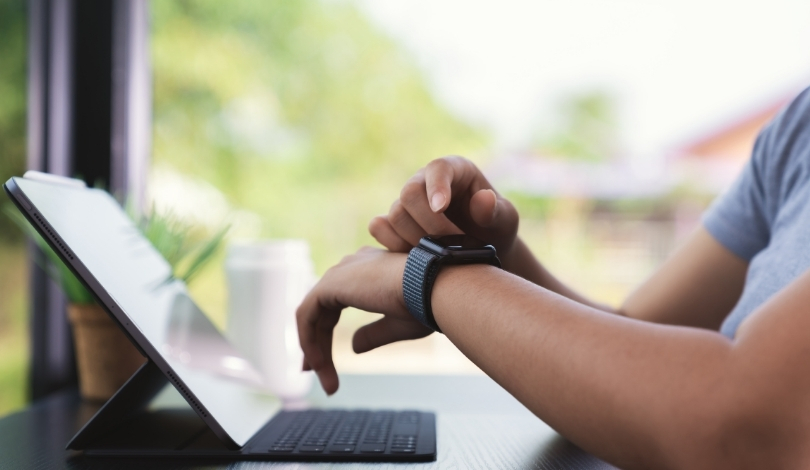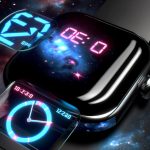In a world increasingly obsessed with health monitoring, smartwatches have carved out a significant role in tracking sleep. This technology promises detailed insights into sleep patterns, yet for some, it may offer more than is needed or desired. The balance between useful data and excessive information can complicate the relationship with one’s natural rhythm of rest. Exploring the reasoning behind avoiding sleep-tracking gadgets opens a broader conversation about maintaining a healthy lifestyle without over-reliance on technology.
Previously, smartwatches were mainly known for their basic fitness tracking capabilities. However, as sleep tracking features became more sophisticated, they gained attention for their potential to provide valuable rest insights. Despite this, critics voice concerns over the accuracy of these devices and the potential for data overload, which raises questions about their effectiveness and influence on users’ sleep habits.
Why Skip Sleep Tracking via Smartwatches?
Opting out of using a smartwatch for sleep tracking stems from several reasons. Many users report feeling pressured by constant data monitoring, which might lead to anxiety over sleep quality. Knowing that the device moments away from collecting data can create nerves that disturb the sleep it aims to assess.
Do Benefits Outweigh Concerns?
While smartwatches provide detailed sleep data, the reliability of such information is debated. Various studies suggest inconsistencies between reported data and actual sleep quality, leading some to question their utility. The concern is that inaccurate data might mislead users, rather than helping them, creating more stress about sleep performance.
Are There Alternative Methods for Better Sleep?
Those who opt out often highlight alternatives to technology-driven monitoring. Prioritizing healthy sleep habits, such as maintaining a consistent bedtime routine, reducing screen time before bed, and improving bedroom environment, can naturally enhance sleep quality. These practices may offer a more traditional approach with less emphasis on constant data quantification.
Smartwatches undoubtedly offer insight into sleep patterns, but their necessity remains subject to individual preference. Tailoring one’s approach to sleep health, combining basic principles with personal comfort, becomes critical. Amid the push to adopt the latest health-tracking devices, embracing traditional, non-digital methods can still lead to satisfactory results. It sparks a significant conversation about the balance between leveraging technology for health insights and maintaining autonomy over personal habits.










